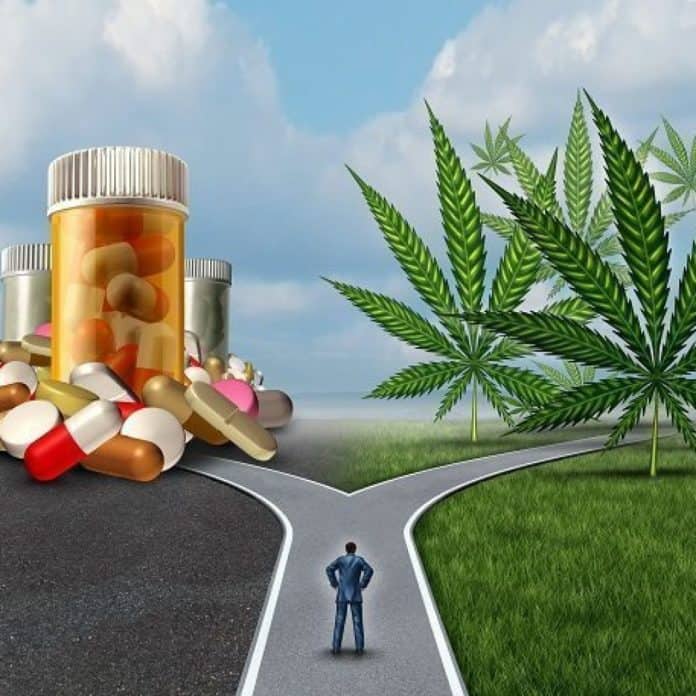I meet many people every week who are suffering from chronic pain for a variety of reasons. Most of these chronic pain sufferers are in pain management programs, but still not achieving the desired result. And in fact dealing not only with their pain, but with the myriad side effects induced by the opioid use.
These folks are looking to explore the use of cannabis as an alternative. And I hear more often than not, that while they want to try a more natural approach, they are being told by their pain management doctor that if they test positive for cannabinoids (the active compounds in cannabis) they will be removed from the program.
This terrifies people who are in such pain because if the cannabinoid therapy does not work, they don’t know what they will do. So what does one do when they are essentially only given one choice? Well, it starts with education.
UCLA recently hosted a medical cannabis conference and a major topic of discussion was opioid reduction through cannabis, which included physicians, psychiatrists and researchers from Integr8 Health in New England, Columbia University Medical Center, University of British Columbia and Albert Einstein College of Medicine who shared the very promising work that is being done in their respective parts of the world. All are seeing statistically significant reductions in opioid use and subsequent side effects when combined with cannabinoid therapies.
With such promising results, I asked this question: “If adding cannabis into their pain management regime is such a positive move for many, why are pain management doctors (at least in California) telling their patients they must choose?”
The panelists were surprised at my question and quickly pointed me (and the rest of the audience) to the CDC, which stated in March of 2016 “CDC Says Don’t Test Opioid Users for Marijuana”.
Here is the link and excerpt of the CDC Guidelines published March 15, 2016.
Today, the CDC instructed doctors to stop routine testing of pain patients for marijuana use. The costly tests have dubious health benefits, high potential legal ramifications for the patient, and could actually increase overdose deaths.
Of major importance is that medical marijuana availability seems to cut painkiller overdose deaths by 25%, researchers have found, because cannabis allows pain patients to take less opioids or stop taking them altogether.
Cannabis — an alternative to pills for some patients — also has no lethal overdose level, while painkiller overdoses kill about 150 Americans — per day.
If you, or a loved one, is looking to wean from opioids and need help, we are here for you.
I encourage you to schedule an appointment with One Minute Cannabist for expert guidance and download the resources provided in this post to give to your practicing physician. We’ve helped hundreds of people achieve a chemical free lifestyle by adding cannabinoids to their healthful regime.



















